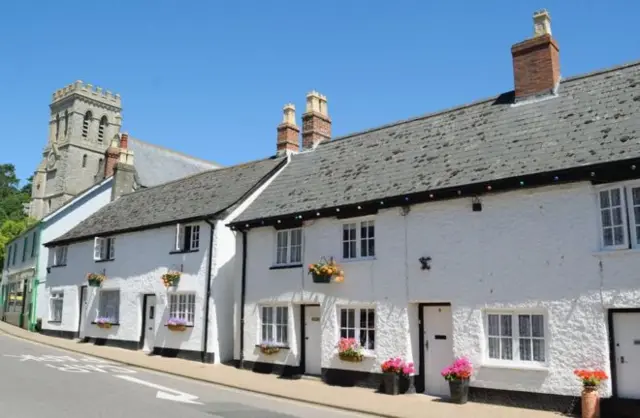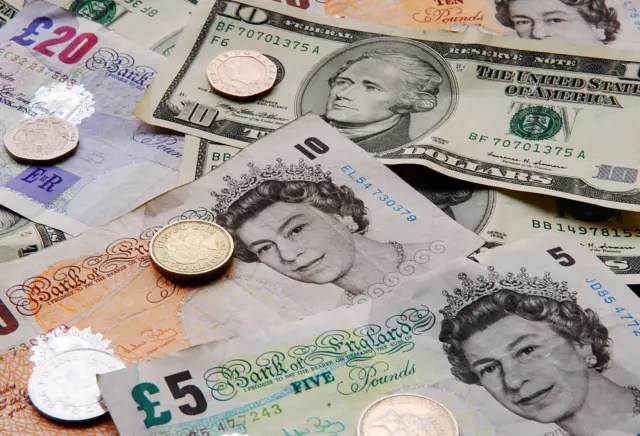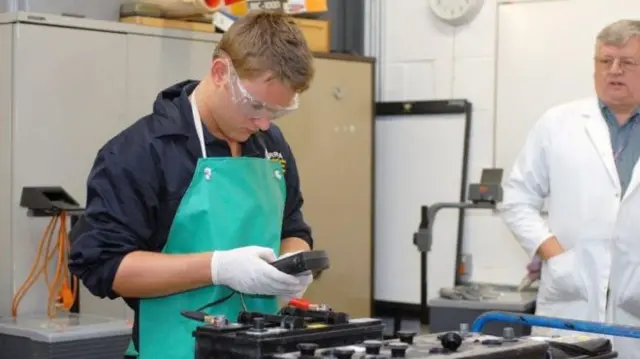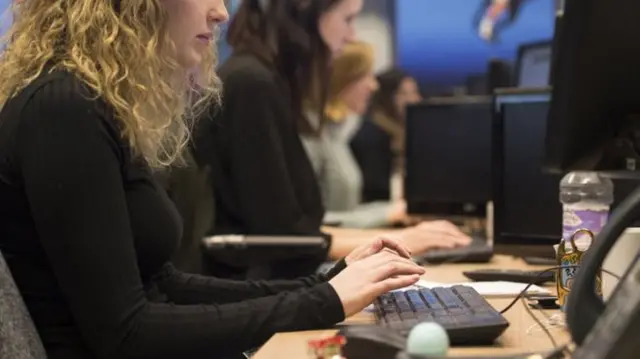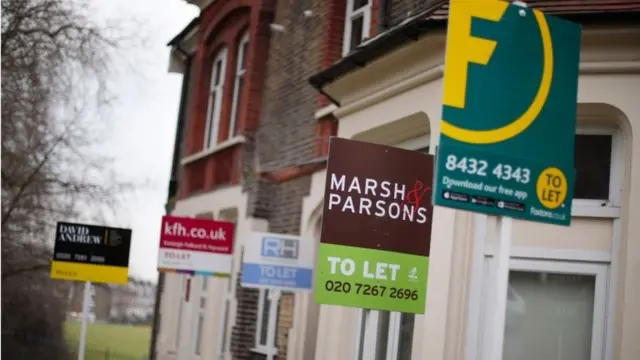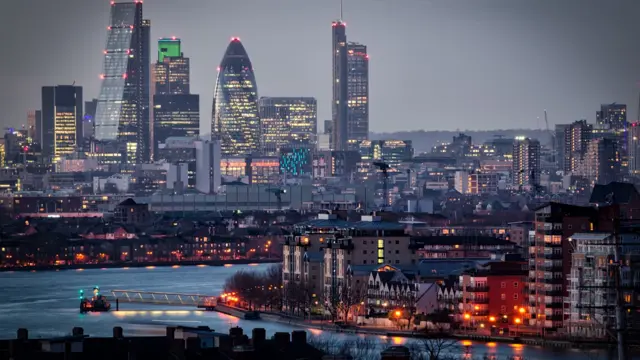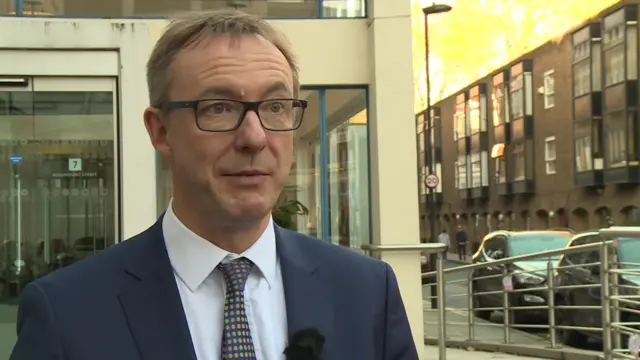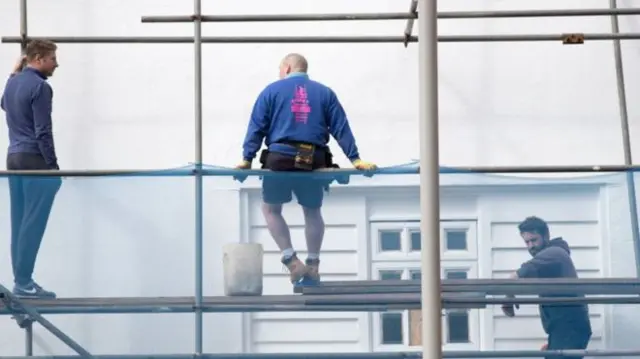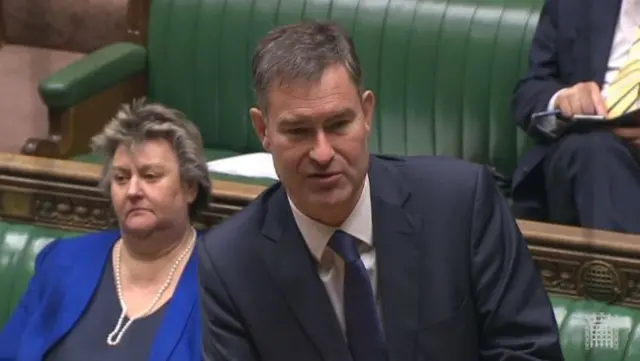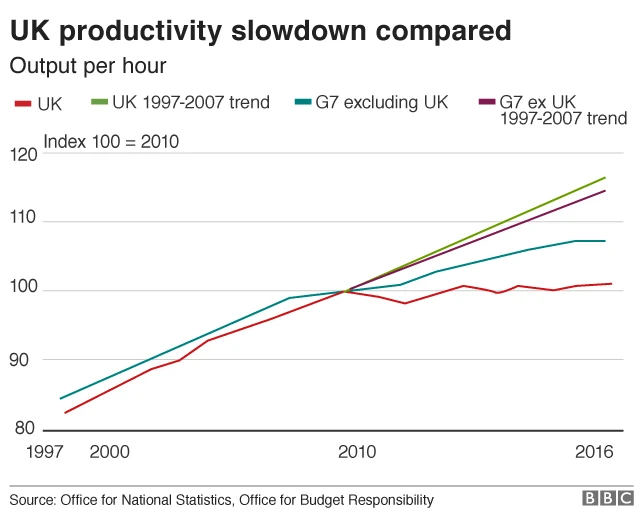A Brexit bombshell....published at 16:28 GMT 23 November 2017
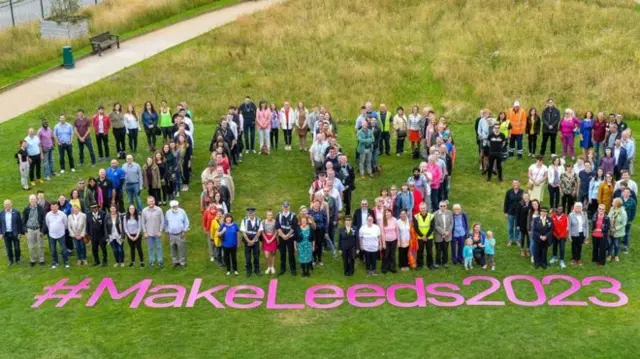 Image source, Simon Dewhurst
Image source, Simon DewhurstThe European Commission has cancelled the UK's turn to host the European Capital of Culture after Brexit, disappointing the bidding cities.
Five places have already bid to hold the title in 2023 - Dundee, Nottingham, Leeds, Milton Keynes and Belfast/Derry.
But the commission has said the UK will no longer be eligible to have a host city after it leaves the EU in 2019.
The Creative Industries Federation said it was "gutted" and the UK Government said it "disagrees" with the move.
